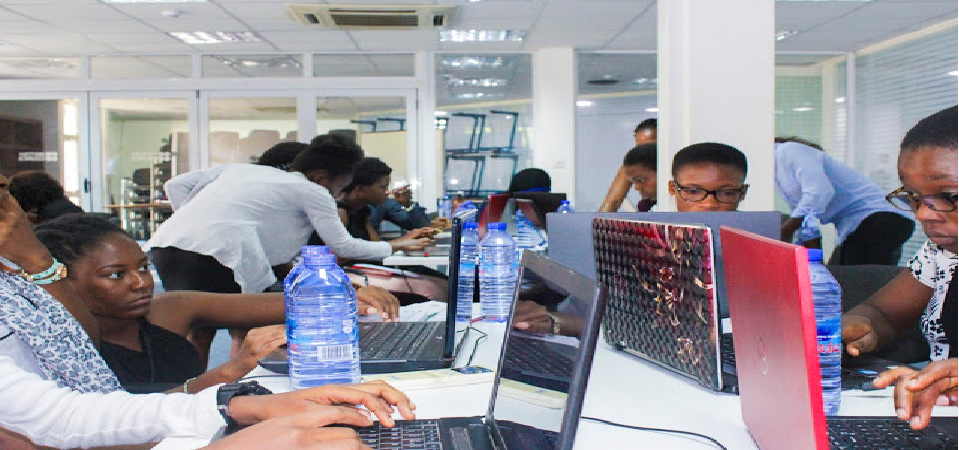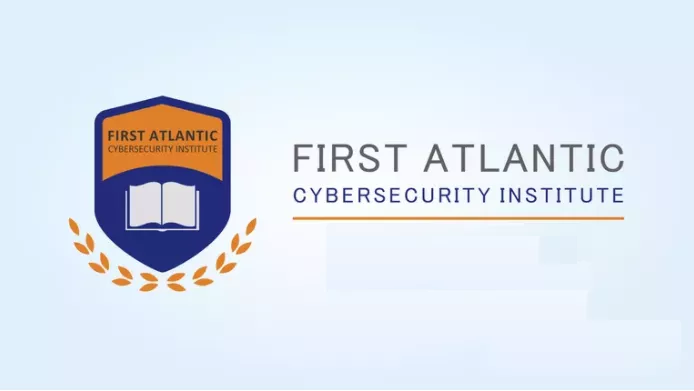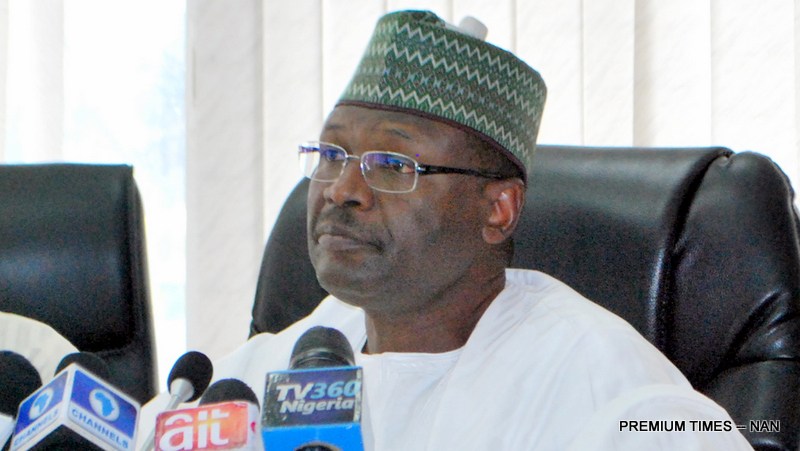By Nnamdi Odumody
On the 25th of May 1961, President John Fitzgerald Kennedy of the United States of America addressed the United State Congress, telling America that he believed that U.S should set itself the goal within the decade of landing a man on the moon, and returning him safely to the earth. Kennedy’s vision became known as the ‘’Moonshot” – an audacious bold move into the future without a clear direction on how to achieve it. The technology to achieve this hadn’t yet been invented, and he had no idea how they would get to the Moon. Nonetheless, he was confident that America could do it, if his fellow citizens committed fully as a nation.
A moonshot, in a technology context, is an ambitious, exploratory and ground-breaking project undertaken without any expectation of near-term profitability or benefit and also, perhaps, without a full investigation of potential risks and benefits.
Google has adopted the term moonshot for its most innovative projects, many of which come out of the Google X, the company’s semi-secret lab. Google moonshots include Google Glass, Project Loon (a balloon-based Internet service project), the driverless car, augmented reality glasses, a neural network, robots for the manufacturing industry and Project Calico, a life extension project.
On the 20TH of July 1969, his vision became a reality when Neil Armstrong and Buzz Aldrin walked on the lunar surface. The Moonshot had succeeded.
When Steve Jobs conceived a better way to make people enjoy mobile communications beyond calls and text messaging, with the launch of the IPhone, in 2008, no one would have imagined that our mobile devices could function as personal computers. The iPhone was a mini-moonshot, which created a new ecosystem, leading to the iOS App Store where developers from all over the world put up applications. The implication is that iPhone engineered a revolution, cushioning an experience never felt before, and in the process created a multibillion dollar industry which has led to smart watches, smart homes and cities where personalized information is offered in real time.
The Perception Demand Construct is a construct where you work on things which are not really evident to be in demand. Yet you go ahead to create that product. The demand may not be existing but you are confident you can stimulate it. Yes, you do believe that your product can elicit demand and grow the sector when launched. This is different from existing demand which could be met via starting a web hosting company or selling light bulbs where you know people actually need those services.
Elon Musk’s decision to start Tesla which has created a paradigm shift from fossil fuel powered vehicles to electric ones is another example of a successful mini-moonshot. For Musk, Tesla was his second moonshot success, after establishing Paypal which changed the face of payments globally with a couple of other founders.

Google, through its moonshot subsidiary Google X, launched Project Loon which aims to deliver internet access to underserved communities, across the globe, through the use of balloons, rather than fibre optic which is usually more expensive with severe bureaucracy and red tapes. This is a very huge opportunity, when we consider that in Africa, with excess of a billion people where over 60 percent of the population, are yet to be connected to the internet. Facebook has also seen that same opportunity by launching its Free Basics initiative to deliver internet connectivity across Africa with the use of drones and other technologies.
Africa as a continent, recorded its first mini-moonshot success with MPESA, the mobile payment platform which was initiated by Kenyan telecommunications provider Safaricom to provide financial inclusion in east Africa. With MPESA, financial services were transformed in Kenya, and that success has been widely copied as in the case of WeChat in China.
All Together
With the challenges facing us as a continent which include access to quality education, access to quality healthcare, food security, access to clean water, access to uninterrupted power, lack of quality governance, environmental sustainability, affordable and quality housing, and security, we need moonshots to solve these problems, and create new models for the rest of the globe to follow thereby changing the African narrative in the 21st Century. The African Union has a role to play to galvanize energies and efforts to deliver on these areas in the continent.







